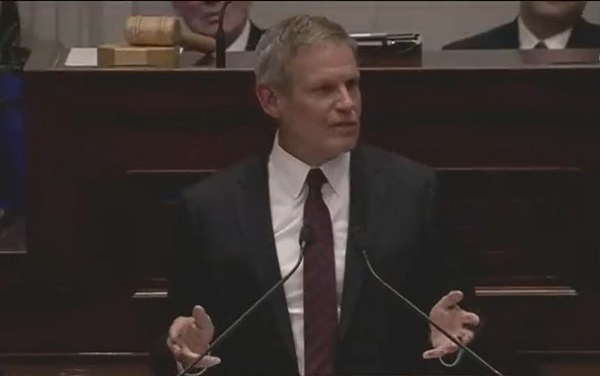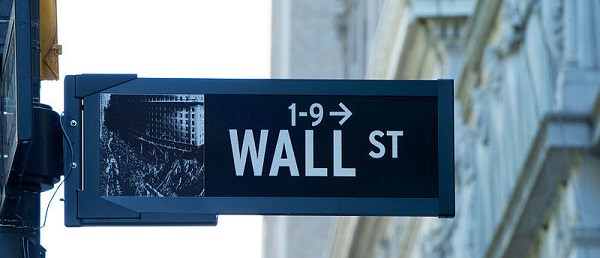Offshore drilling rig Development Driller III at the Deepwater Horizon site May, 2010.
From The Center Square
By Casey Harper
“Did fossil fuels actually cause this impact?” Kochan said. “Then how much of these particular defendants’ fossil fuels caused this impact? These are the things that should be in a typical trial, because due process means you can’t be responsible for someone else’s actions. Then you have to decide, and can you trace the particular pollution that affected this community to the defendant’s actions?”
A $744 million jury verdict in Louisiana is at the center of a coordinated legal effort to force oil companies to pay billions of dollars to ameliorate the erosion of land in Louisiana, offset climate change and more.
Proponents say the payments are overdue, but critics say the lawsuits will hike energy costs for all Americans and are wrongly supplanting the state and federal regulatory framework already in place.
In the Louisiana case in question, Plaquemines Parish sued Chevron alleging that oil exploration off the coast decades ago led to the erosion of Louisiana’s coastline.
A jury ruled Friday that Chevron must pay $744 million in damages.
The Louisiana case is just one of dozens of environmental cases around the country that could have a dramatic – and costly – impact on American energy consumers.
While each environmental case has its own legal nuances and differing arguments, the lawsuits are usually backed by one of a handful of the same law firms that have partnered with local and state governments. In Louisiana, attorney John Carmouche has led the charge.
“If somebody causes harm, fix it,” Carmouche said to open his arguments.
Environmental arguments of this nature have struggled to succeed in federal courts, but they hope for better luck in state courts, as the Louisiana case was.
Those damages for exploration come as President Donald Trump is urging greater domestic oil production in the U.S. to help lower energy costs for Americans.
Daniel Erspamer, CEO of the Pelican Institute, told The Center Square that the Louisiana case could go to the U.S. Supreme Court, as Chevron is expected to appeal.
“So the issue at play here is a question about coastal erosion, about legal liability and about the proper role of the courts versus state government or federal government in enforcing regulation and statute,” Erspamer said.
Another question in the case is whether companies can be held accountable for actions they carried out before regulations were passed restricting them.
“There are now well more than 40 different lawsuits targeting over 200 different companies,” Erspamer said.
The funds would purportedly be used for coastal restoration and a kind of environmental credit system, though critics say safeguards are not in place to make sure the money would actually be used as stated.
While coastal erosion cases appear restricted to Louisiana, similar cases have popped up around the U.S. in the last 10 to 15 years.
Following a similar pattern, local and state governments have partnered with law firms to sue oil producers for large sums to help offset what they say are the effects of climate change, as The Center Square previously reported.
For instance, in Pennsylvania, Bucks County sued a handful of energy companies, calling for large abatement payments to offset the effects of climate change.
“There are all kinds of problems with traceability, causation and allocability,” George Mason University Professor Donald Kochan told The Center Square, pointing out the difficulty of proving specific companies are to blame when emissions occur all over the globe, with China emitting far more than the U.S.
“Did fossil fuels actually cause this impact?” Kochan said. “Then how much of these particular defendants’ fossil fuels caused this impact? These are the things that should be in a typical trial, because due process means you can’t be responsible for someone else’s actions. Then you have to decide, and can you trace the particular pollution that affected this community to the defendant’s actions?”
Those cases are in earlier stages and face more significant legal hurdles because of questions about whether plaintiffs can justify the cases on federal common law because it is difficult to prove than any one individual has been substantively and directly harmed by climate change.
On top of that, plaintiffs must also prove that emissions released by the particular oil companies are responsible for the damage done, which is complicated by the fact that emissions all over the world affect the environment, the majority of which originate outside the U.S.
“It’s not that far afield from the same kinds of lawsuits we’ve seen in California and New York and other places that more are on the emissions and global warming side rather than the sort of dredging and exploration side,” Erspamer said.
But environmental companies argue that oil companies must fork out huge settlements to pay for environmental repairs.
For now, the Louisiana ruling is a shot across the bow in the legal war against energy companies in the U.S.
Whether the appeal is successful or other lawsuits have the same impact remains to be seen.




















